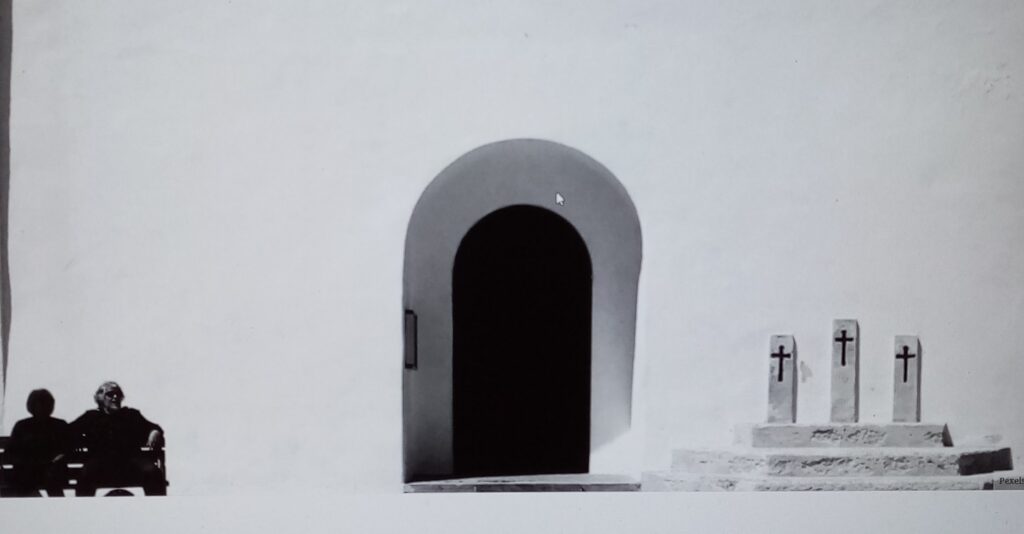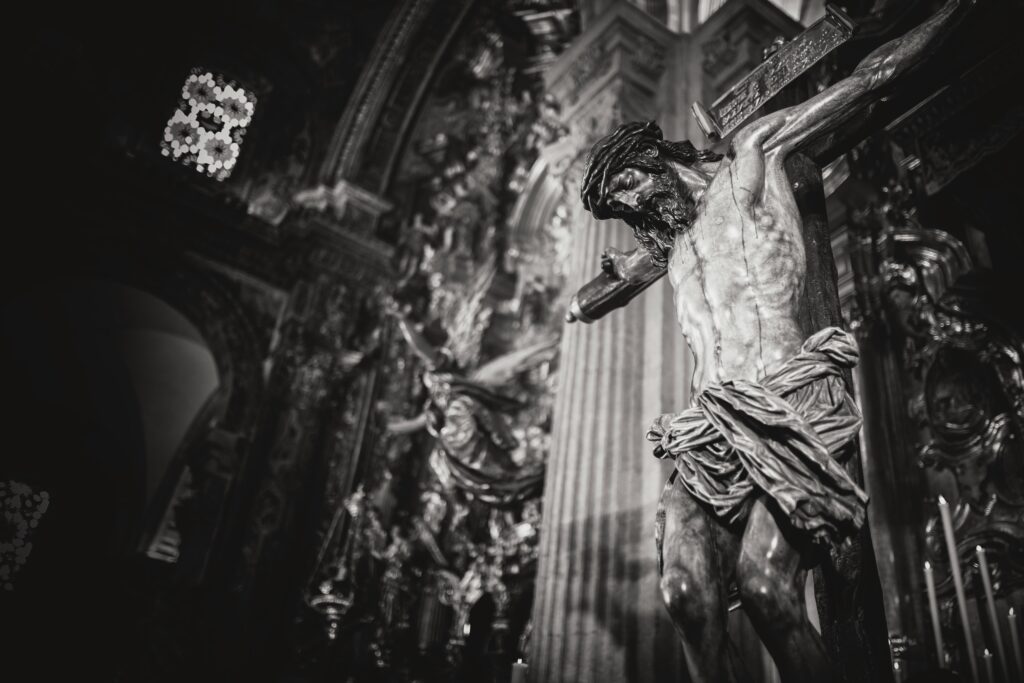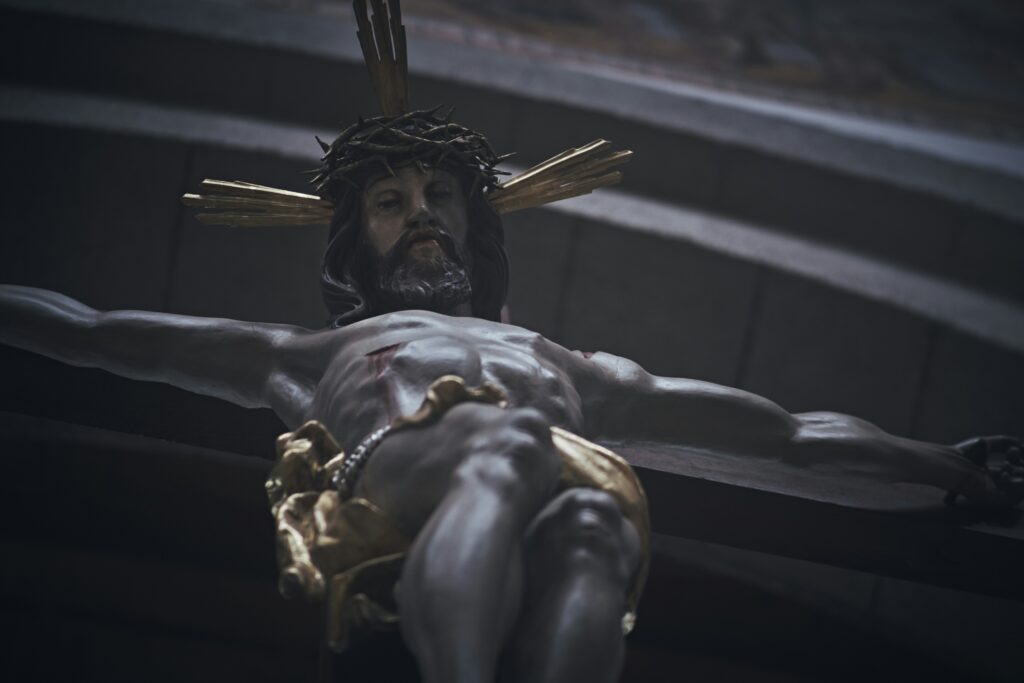Reintroduce Christian values into the public sphere
A great opportunity for social improvement

When we visit a state in the interior of the country in the United States, we find order and civic care that catches our attention. The tracks do not have holes, the sidewalks are prepared to withstand heavy rain, the gardens are maintained, the cars stop in the distance when they see that a pedestrian wants to cross the track at the zebra crossing, and no driver honks the horn for any reason, the streets are clean and there is no graffiti on the walls of the houses or buildings. And seeing that reality, one wonders what has happened in these places for the behavior of the people who live there to be of this nature. And, above all, what should we do to also have that type of cities and that cares for the common good?
Reading a book –Free Markets with Solidarity and Sustainability-, I thought I found the answer. Prof. Martin Schlag comments in the Introduction that the concept of freedom that American culture has is different from that of European culture. For the American citizen, freedom it is not only political, it is, above all, social freedom. That is to say, the experience of American social freedom requires a combination of institutions and virtues. In this way, and quoting Michael Novak, Schlag states in the Introduction of the book: “America is not a geography; It is a form of government, a way of life… And the heart of this idea that is America is to transform self-interest into a personal interest in the public good.” And then Schlag adds: “This ordered liberty is the hallmark of the Anglo-American definition of liberty: a liberty under the law, liberty to do what citizens ought to do, and, therefore, the law as enabling liberty.”
On the other hand, as the same author states, the continental tradition of Europe understands freedom as freedom from the law; and, therefore, sees the law as a limit to freedom: everything that is not prohibited is permitted. And this is the conception that we also have in our country. Therefore, in our ideal, personal freedom consists of the deployment of actions that are only limited by what the law imposes. For us, where no one controls the speed, you go at the speed you want; If there is no law that prevents having pets that bother the neighbors, I have no problem having them, even if they cause serious inconvenience to the neighbors; as long as no one stops me from throwing garbage on public roads, I will do it; and thus a series of attitudes and ways of acting.
Hence, regulations multiply in our country. Every time dysfunctional behavior appears in an institution or in a group of people, the legislative authority acts with prohibitions and sanctions. But they will always be ineffective prohibitions, because no law can contemplate all circumstances; and as “the law is made, the trap is made”, there will never be a lack of a creative who finds a way out of dysfunctional behavior, even with the new law. As Prof. Schlag comments, in our approach, “everything that is not prohibited is permitted.”
Under these circumstances, what could we consider achieving a change of attitude in our society, and acquire that sense of freedom typical of the American conception? I think that the shortest path would be to reinforce our Christian values more and more. That is, returning the personal moral sense to our social actions. We must remember that it is not people who are going to judge us, but it is God himself who will ask us to account for the use we gave to the talents received; and that He Himself will ask us at the end of our lives what we did for the people who were by our side, especially for those who had fewer opportunities than us.
In this regard, a presentation by Prof. Clayton Christensen is very suggestive. In it, this Harvard professor commented that on one occasion he had the opportunity to meet and deal very closely with a professor from mainland China who spent time in Boston studying the behavior of American society. This professor, who had lived his entire life in the totalitarian and Marxist regime of China, told him that by observing the behavior of American citizens, he considered that the foundation of the proper functioning of democracy in the United States was due to the presence of Christianity in the country. For this Chinese professor, the only reason for citizens to follow ethical behavior, focused on the common good and not on self-interest, lay in the self-regulation that each of them imposed on themselves by the fact of having to be accountable to a God transcendent to the world.
Therefore, what could we conclude from these reflections to improve behavior in our society?
I think of two simple ideas. Firstly, instead of removing God from the public sphere, it is advisable to promote his presence in said sphere much more. Pascal, a genius of mathematics and logic, commented: it is better to live thinking that God exists than to live thinking that God does not exist. Because if you live thinking as if he doesn’t exist, but he exists, then you will find yourself in great trouble; On the other hand, if you live as if he exists, even if he did not exist, you would have lived contributing a lot to others.
And secondly, and almost as a corollary of the above. It is important to remind ourselves – and also remind the people we are close to – that at the end of our lives we will be judged by what we have done and what we have not done to the people who were close to us. This idea can help us get a lot of use out of the material and spiritual goods we have. But the most wonderful thing about acting like this will be that we will see, amazed in a short time, how these goods multiply when shared.
Related

“Praying is an immense privilege”
José Miguel Ponce
17 April, 2025
3 min

Cardinal Felipe Arizmendi: Jesus Continues to Suffer
Felipe Arizmendi
17 April, 2025
4 min

The classics educate in humanity
Francisco Bobadilla
16 April, 2025
3 min

Words That Illuminate Our Crosses
Mario J. Paredes
16 April, 2025
6 min
 (EN)
(EN)
 (ES)
(ES)
 (IT)
(IT)

